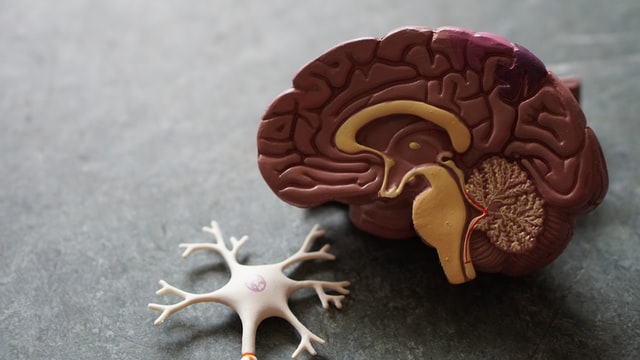
Body + Mind is reader-supported. We may earn an affiliate commission when you buy through some of the links on our site.
Are you at risk for a stroke? There are many factors that contribute to strokes over time. If you can lower your possibilities, it’s worthwhile to learn how and why. A stroke can occur as either an ischemic stroke or a hemorrhagic stroke — and they’re both irreversibly damaging.
Here’s a look at risk factors for strokes so you can be prepared.
A stroke occurs when the brain loses oxygen. The brain must operate properly at all times, so it’s detrimental whenever its blood supply ends, if even for a moment. You can experience multiple side effects from a stroke, like mobility impairment, memory loss and more.
There are two main stroke types: ischemic strokes and hemorrhagic strokes.
The former transpires when a blood vessel becomes blocked by buildup. The latter happens when a blood vessel pops. It’s safe to say that both instances can lead to significant issues. That said, you may be able to lessen your chances.
These are a few risk factors for strokes that you should consider.
Both Type 1 and Type 2 diabetes may lead to a stroke. Those with diabetes are more likely to be overweight, and it’s known that weight gain contributes to ischemic strokes specifically. As a result, your blood pressure can skyrocket. Additionally, your blood vessels may become damaged from diabetes. That can make you more susceptible, too.
It’s essential to keep your weight down to manage your diabetes. Be sure to talk with your doctor about a specific plan for your diabetes type so that you can stay healthy.
If you smoke or chew tobacco, you’re at risk for a stroke. This substance causes various health issues that subsequently make you more inclined to have a stroke. These concerns include bad cholesterol, plaque buildup and more. It’s also true that secondhand smoke may increase your chances.
It’s worthwhile to quit your habit so that you can prevent health events like strokes. You should also stop smoking specifically if you live with other people. You want to keep everyone in your household safe from secondhand smoke.
A condition where you have defective heart valves or high blood pressure may eventually trigger a stroke. These health problems harm arteries throughout your body. As a result, they become much more weak — and your risk for strokes increases. If you have an irregular heartbeat, your possibilities may rise as you age. In any case, you’re more likely to experience a stroke if you already have issues with heart disease and blood pressure.
If you take birth control or blood-thinning pills, you may be more inclined to experience a stroke. These drugs can affect your blood and create other negative imbalances throughout your body. The same sentiment can apply to many different medications. It’s essential to have a discussion with your doctor about your prescriptions if you’re concerned about stroke risk.
There are multiple unchangeable factors that may put you at risk for a stroke. These traits include age, gender, race and genetics. Here’s a quick look at each one to help you further understand why you could be predisposed:
These are points that you can’t alter, but it’s still important to know about them. This notion isn’t to say that you’ll experience a stroke. That said, if you’re more likely to have one, you should prepare yourself. A physician-approved plan can put on a healthy path forward.
You may not expect to ever encounter a stroke until you’re older. That said, you should ready yourself beforehand so that you can lower your risk factors for strokes. Be sure to be open with your doctor so that you can stay strong and well over time.
Your email address will only be used to send you our newsletter, and at any time you may unsubscribe. For more information, see our Privacy Policy.